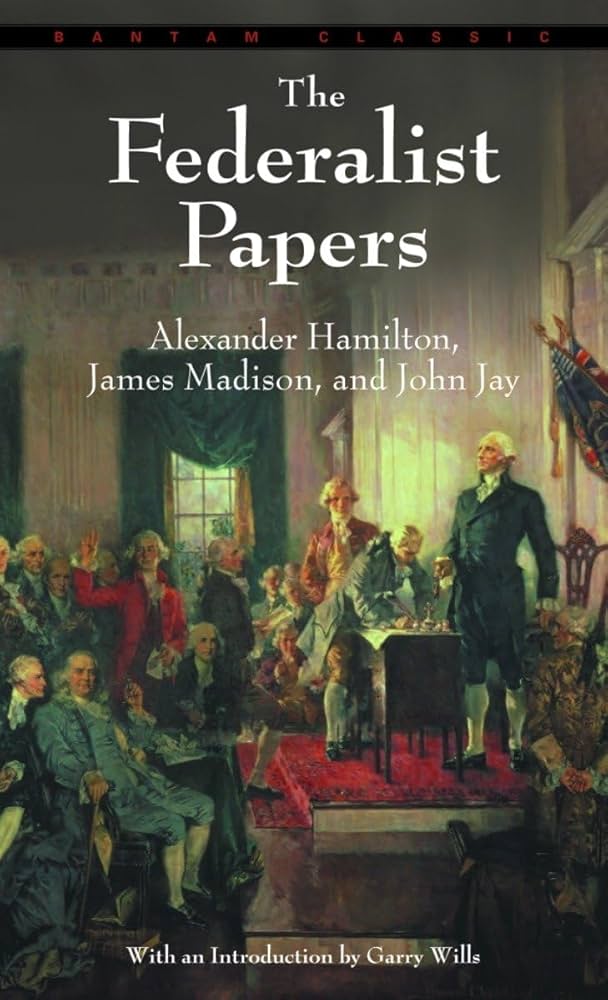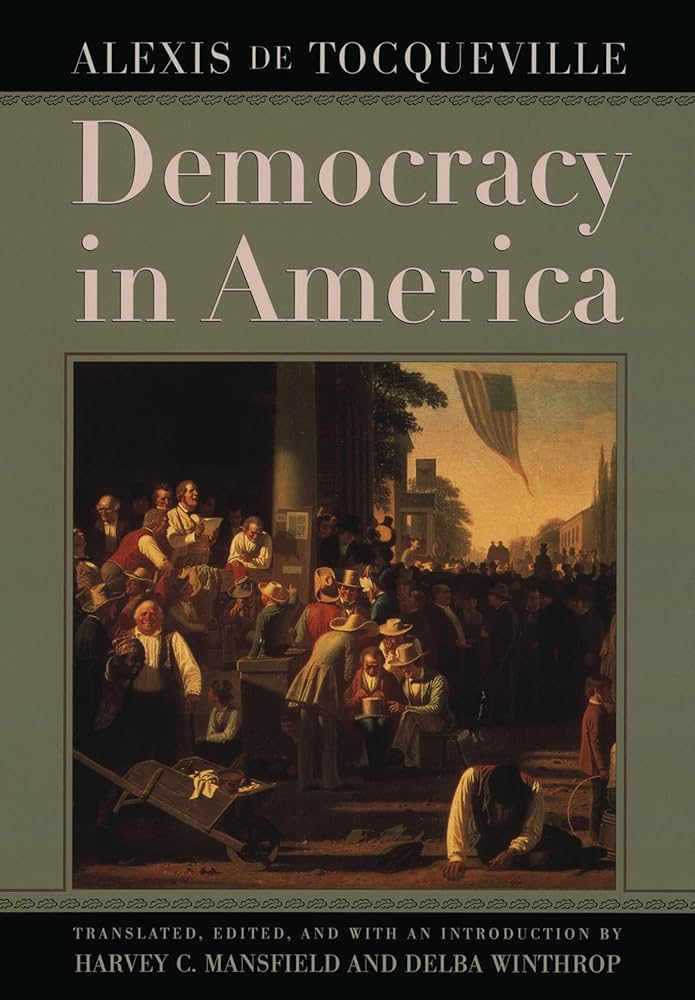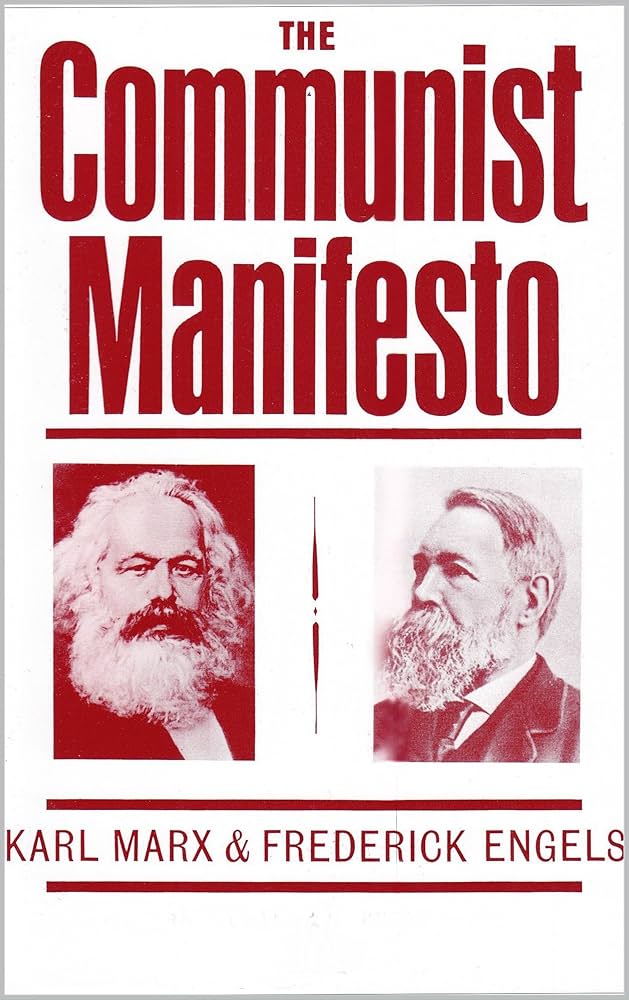Description
“The Federalist Papers” is a collection of 85 essays written by Alexander Hamilton, James Madison, and John Jay in support of ratifying the U.S. Constitution. These essays provide deep insights into the principles of American government, including checks and balances, federalism, and the separation of powers. They remain a crucial reference for understanding the Constitution and the philosophical foundations of the United States’ political system.






Omowumi –
“I initially approached “The Federalist Papers” with some trepidation, expecting a dry and difficult read. I was pleasantly surprised! While the language takes a little getting used to, the arguments are presented with clarity and force. It’s fascinating to see the foundational debates that shaped the United States, and how relevant many of those concerns still are today. “It provides an invaluable window into the minds of the Founding Fathers and offers a powerful reminder of the importance of civic engagement and critical thinking” It’s a worthwhile investment of time for anyone interested in American history, political science, or simply understanding the principles underlying our government.”
Ayobami –
“I was initially intimidated by “The Federalist Papers” but decided to give it a try. I’m so glad I did! The arguments, while complex, are presented with remarkable clarity. “It offers invaluable insight into the foundation of American government and the debates surrounding its creation, revealing the careful considerations and philosophical underpinnings behind the Constitution” It’s a challenging but ultimately rewarding read for anyone interested in understanding the principles that shape the United States.”
Olanike –
“Reading “The Federalist Papers” was a truly enlightening experience! Understanding the arguments for the US Constitution straight from the source gave me a much deeper appreciation for the foundations of American democracy. It’s definitely a challenging read, but the effort is worth it to grasp the complex reasoning behind the structure of our government. The authors’ foresight is remarkable even after centuries and their essays offer a valuable framework for thinking about political theory and governance today.”